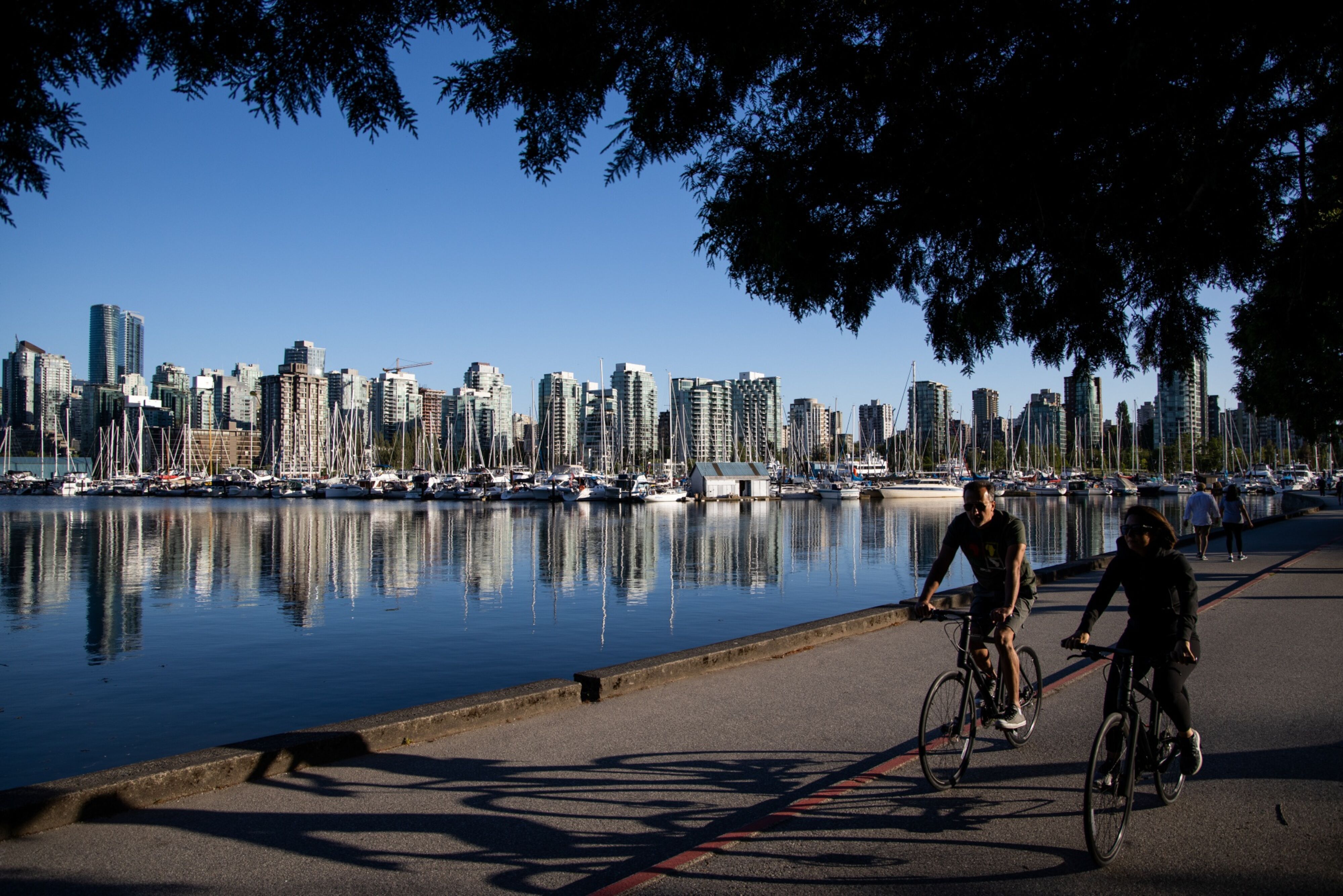Bloomberg — Current immigration policy Canada – one of the most open countries in the world – is now causing economic damage and needs to be reconsidered, according to the country's leading economists.
Prime Minister's decision Justin Trudeau to improve drastically immigration – and allowing a flood of temporary workers and international students – without providing adequate support has created a long list of economic problems, including higher inflation and weak productivity, the chief economists at Canada's largest banks said Thursday in a multi-theme panel discussion in Toronto.
“Frankly, I'm surprised we failed because we are in a privileged position in Canada,” Beata Caranci, chief economist at Toronto Dominion Bank, told the audience at an Economic Club of Canada event.
Canada is a popular destination for Brazilians looking for work abroad and a more comfortable life. A Brazilian Ministry of Foreign Affairs survey showed that 133,170 Brazilians lived in the country in 2022.
Unlike many other rich countries, including the United States, Canada has not properly handled the uncontrolled flow of migrants across its borders and has had time to think about the impact of its policies, Caranci said. “We designed our own policies, we implemented them, we enforced them, and we still screwed them up.”
Canada welcomed about 455,000 new permanent residents in 2023 as of Oct. 1, and also brought in more than 800,000 non-permanent residents, a category that includes temporary workers, foreign students and refugees. With a population growth rate of 3.2%, the country is growing faster than any G7 country, China or India.
While there is an annual target for permanent residents, there are no restrictions on international student permits and the government has made it easier for companies to hire temporary foreign workers.
“Population trap”
“To put it bluntly: we have fallen into a population trap,” said Stéfane Marion, chief economist at the National Bank of Canada. Increasing the standard of living is no longer possible because “there is not enough savings to stabilize the capital-labor relationship.”
Faced with the negative impact on housing costs, Trudeau acknowledged the need for change. His immigration minister, Marc Miller, promised to make it harder for universities to increase their intake of foreign students without providing adequate housing or services. However, the government is under pressure to maintain high levels of immigration as older workers retire and fertility rates decline.
Despite the federal government's efforts to encourage the building of more rental housing, “the numbers are not growing,” said Avery Shenfeld, chief economist at CIBC Capital Markets. “I'm a little surprised that the government is moving relatively slowly on this. I think there is an urgency to balance these numbers of students and temporary workers with the arithmetic of our homebuilding strategy, because the two work at cross-purposes.”
The problem is exacerbated in provinces that limit funding to higher education institutions, forcing schools to make up for lost revenue from international students, Shenfeld said. The result is a community college with a “branch” full of international students in a Toronto office building, he said. “It's really just a money-making machine for the school.”
No economist is suggesting that Canada adopt a restrictive immigration policy, but rather be more careful about balancing the influx of people it can handle.
Canada is likely to rely on immigration to quell complaints from companies about hiring difficulties, some economists say. While this is understandable, “in some ways we have made it easier for companies to recruit employees,” said Jean-Francois Perrault, chief economist at Bank of Nova Scotia. He points to the US, which has much stricter immigration policies and higher productivity. “Immigration policies have made it cheaper to bring people into the country than to make investments.”
Weak productivity and housing affordability are the biggest challenges facing the Canadian economy, said Douglas Porter, chief economist at the Bank of Montreal, and strong population growth is clearly a contributing factor to both.
There are other factors at play. A lack of innovation and business investment has weighed on Canada's productivity for decades, said Craig Wright, chief economist at Royal Bank of Canada.
He said rising rental prices are not just caused by immigration pressures – high house prices and interest rates are encouraging permanent residents to rent.
A recent report from Desjardins Securities found that if Canada closed its doors to temporary residents now, real gross domestic product would fall and the recession would last twice as long.
This puts the Bank of Canada in a difficult situation and explains why it will have to lower interest rates in 2024, Caranci said, even though housing costs are still pushing inflation above its 2% target.
He hopes central banks will start changing their communications – and remind markets that inflation is all about amplitude and they are not solely responsible for housing inflation.
“If they don't do that, you're definitely entering a recession scenario and potentially a severe recession scenario,” he said.
— With information from Bloomberg Linea
See more at Bloomberg.com
Also read
Five international destinations whose exchange rates have become more profitable in the last 2 years

“Geek zombie. Subtly charming social media scholar. Beer enthusiast. Lifelong bacon pioneer.”






